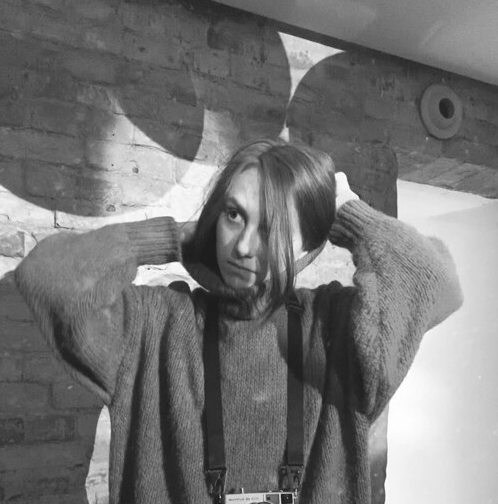
Celebrating Women in Tech: Beating the Odds and Building Self-Confidence Along the Way
At PandaDoc, we value our culture and people. Today, we want to share more about the people behind our product by spotlighting two fabulous women leaders at PandaDoc: Tatsiana Sialitskaya, Engineering Manager, and Kira Glushko, Director of Product Analytics.
In this article, Tatsiana and Kira will share their experiences and career paths to becoming leaders in a male-dominated industry and how they built self-confidence along the way. We also try to answer the age-old question: is there such a thing as work-life balance?
Maria Gryboiedova: Please tell me about yourself, and describe your current role.
Tatsiana Sialitskaya: I've been with PandaDoc for five years now. It was my anniversary a couple of days ago. I started my career here as a QA engineer, and after a year, I switched to a new role as a QA lead. When we had a transformation in the company in 2020, we eliminated my role. So I had to switch back to my previous role, but I couldn't sit still. I took the Scrum Master role to help the team plan all the activities and retrospectives. And then, I was promoted to my current role, Engineering Manager.
Kira Glushko: I’ve been at PandaDoc for one year. I also had an anniversary a month or two ago. I’m the Head of Product Analytics. We have a team of seven product analysts. Product analytics is a pretty challenging role for me because it is something new. Before, we had data analysts in the BizOps structure, and the product managers decided to create something separate in the product organization. They needed a separate team of product analysts who would help them understand the product better and find more opportunities to optimize our product to grow faster.
Maria: Thank you, ladies. Can you share what you like most about your career at PandaDoc?
Tatsiana: I think it’s the opportunity to be myself and not have strict instructions to follow. You can be creative. You can take any initiative you like. If you see something you think you can do to help the company grow and benefit, you can do it.
Kira: It's the opportunity to work for a product that’s a unicorn. It’s pretty exciting for the team and me. Another important thing for me is trust from the stakeholders and leadership. They trust my experience and actions. I know there is no strict flow of what I should do and what they want me to do. They believe in me, my every step in every action, and I feel it.
Maria: So, you told us a little about your careers. Let’s move on :) What most energizes you about your work?
Tatsiana: I've always been result-oriented, so I need to see results to keep my motivation high. For the last quarter, I have seen that we achieved so many results in our track. We're not talking about just delivering features to customers but also changing the mindset of engineers. I see how they grow and become more involved in the product itself. They care, they ask for customers' feedback, and they support us with the changes in everything that comes up.
Kira: From my side, it’s my team. They give me energy. When they see progress from their side, I feel this energy from them. And I give them back that energy in my management style, and I love it. I see the results and the changes we have made during this year in terms of product analytics and analytics across PandaDoc.


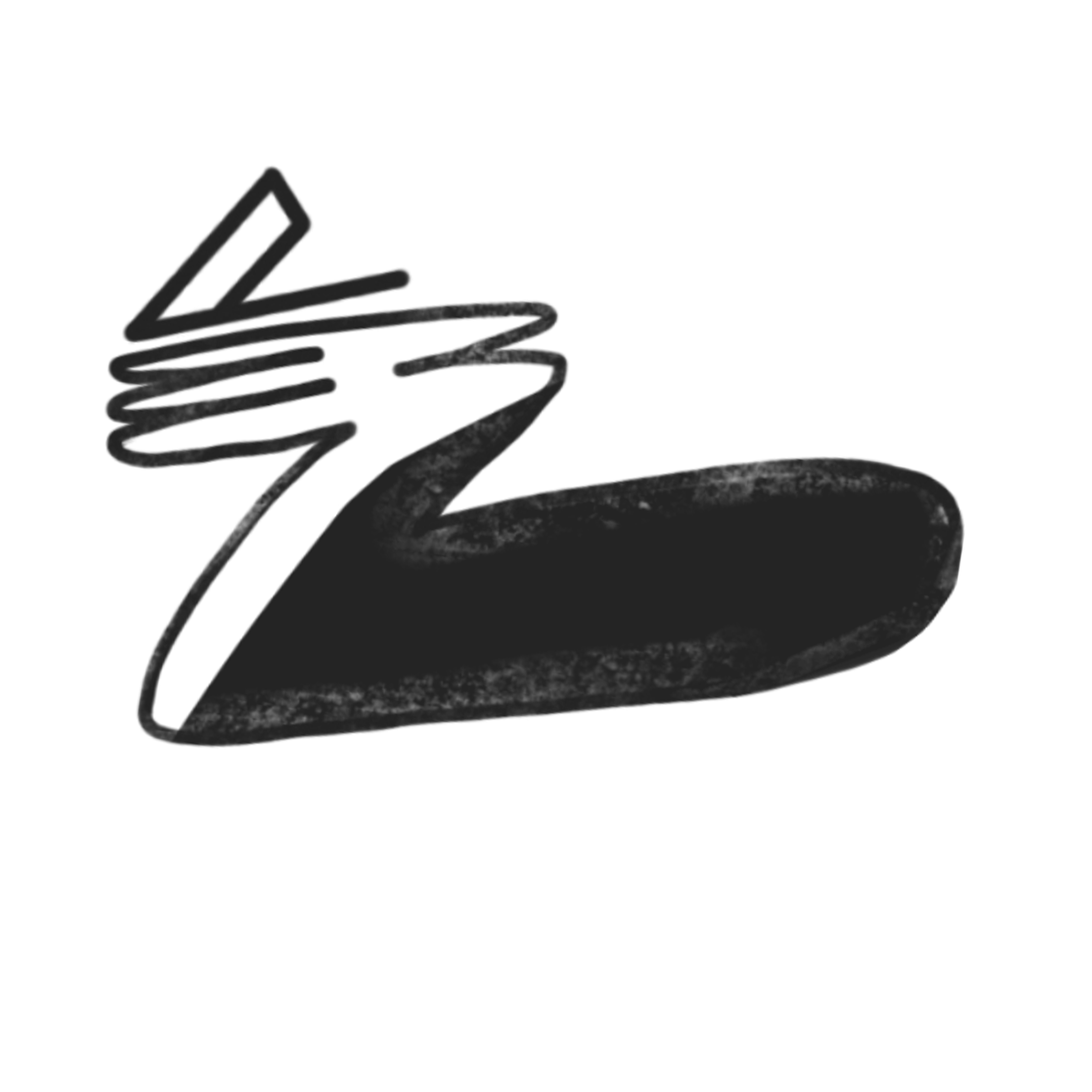
Maria: You both started the topic of leadership, and the most energizing thing for you is that it’s working, and you receive feedback from your teams. Let's talk about leadership a little bit more. How would you describe your leadership style?
Kira: I'm a super empathetic manager. I try to work with everyone one-on-one and help them find instruments and methods that could benefit each of them. I'm a manager who gives them the power to grow and experience themselves as managers and leaders.
Tatsiana: I've always been very involved in what the team does. I try to find the best way and approach for each of my team members. I try to help them and make sure that they feel supported. I listen and give them a sense of security and trust. They can come to me with any problem, with any question, even silly ones, even if it's personal. I also lead by example. I'm not afraid of doing some dirty stuff, like taking tests, helping them with the releases, delivering, and helping product managers with their work. I try to show them how I would do it so they follow my example. I think that helps build trust because when they see the manager is not just a talking head and actually can do stuff. They respect that.
Maria: It sounds like both of you have an empathetic leadership approach. As a woman leader, what were some of your biggest challenges and lessons you learned?
Tatsiana: I was the only woman at the table when I got my promotion. It was terrifying. When you need to speak up, you're afraid to be wrong. Afraid to make mistakes, or else people won't take you seriously, especially those who've worked as managers for a long time. From time to time, you realize that people see women differently in this role. What's "okay" for men is not "okay" for women. You have to be loud but soft at the same time because it could be seen as you being too emotional or hysterical. Because whether we like it or not, IT is still male-dominated.
Maria: Thanks for sharing this. I think it's important that women leaders talk about it because someone who reads this article may feel the same. You’ve described the challenges, but has your reaction changed with time?
Tatsiana: When I was a student in school, the most terrifying thing for me was when the teacher asked you a question, and you didn't know the answer. You just don't know. That was the most terrible thing that could happen to me. I think that's why I was a bit terrified when I took over my new role. Now I know it's okay, and I can answer like, "I don't know, or I'm not sure, but I will find out.” It’s okay to be wrong, but you still need to speak up and share your thoughts. Sometimes discussions could positively impact the whole group.
Kira: I sometimes experience very intense emotions. I found that out before working at PandaDoc. A great HR business partner told me I could transfer these emotions into more qualitative feedback. Sometimes people talk, and you feel that if you talk too, you would be stupid, or something is unrelated to the topic. But then I decided that every thought was valuable. When becoming a manager, you want to hear from everybody on your team, not just the most active person. Your thoughts and opinions are really important to your manager. You bring something important, but you should learn how to bring it in a good manner. It’s the toughest thing for me because I'm trying to convert emotions into something qualitative.
Maria: In the beginning, you said you felt different in the leadership role. With years it becomes easier. Can you please share what has helped you to build confidence?
Tatsiana: At first, it was challenging -- switching from a hands-on role where you could see results right away to becoming a manager, working with more people, and not seeing the results right away because it takes time. Over time and with feedback from my manager, I saw the results. When you see those slight changes in people and your team grows, you think, "Okay, I'm doing a good job, and I can do this." It only comes with experience. You cannot wake up one day and say, "Okay, you're good, you're confident, you're a strong independent woman." It doesn't work that way. To become confident, you need to track your results, write them down, ask for feedback, and observe your team.
Kira: Yeah, same thing for me, the results. That is why I believe in trying hard during the first days of onboarding at a new company. Try as much as possible to show something. It gives you a ticket to be this confident person because you have results, and everyone will at least start to listen to what you are saying. You will have teammates who will see your earliest results and will be your promoters, early adopters, and supporters. It's the strategy: first, you have the results, then the early adopters, and then you can go to your teammates across the organization.
Maria: I believe there are still some challenging situations and times when you may find yourself in self-doubt. Where do you get support when you need it?
Tatsiana: I've been very lucky because I've got great managers at PandaDoc. I'm grateful to Andrey Ladutko, my first QA manager, and Mick Amelishko, who's been my manager ever since. I’ve got a lot of support from them because I know I can share anything, and my managers will help me. Also, I have good connections with my teammates and leadership, so I know that I can share anything in the group or one-on-one and ask for feedback immediately.
Kira: Yeah, that’s pretty much the same for me. When I need to share something, there is my manager, or Maria, for example.
Maria: That was a paid promotion for the HR Business Partner function!
Kira: Sometimes I face tough moments, and Ilya, my manager, is the first person who reacts: "Okay, Kira, what happened? Tell me more." And I know that I can share all these things, and it's a safe place. He’s a great manager and the first manager I’ve had such great communication and support from.
Maria: You both said that it’s very important to see the results of your work or your team's work. For me, it's similar to seeing the impact you make on the product, people, and organization. From your perspective, why is PandaDoc a good company for leaders who want to make an impact?
Tatsiana: I'm a true believer in our cultural code. That's why I like working here. Everything in our cultural code allows us to make an impact. You can take the lead on an initiative, and it doesn't matter if it's within your job responsibilities. You can do it, and your team will support and trust you even if you make mistakes or fail. That's how we learn. PandaDoc is the place for you to come and thrive.
Kira: It's about trust, as we said at the beginning of the interview. You can take any initiatives that you feel are important for the product or PandaDoc, and drive it. No one will say, "Why are you doing it?" or "This is not important." You should know that everyone trusts you. This confidence will motivate you and give you the power to bring more value.
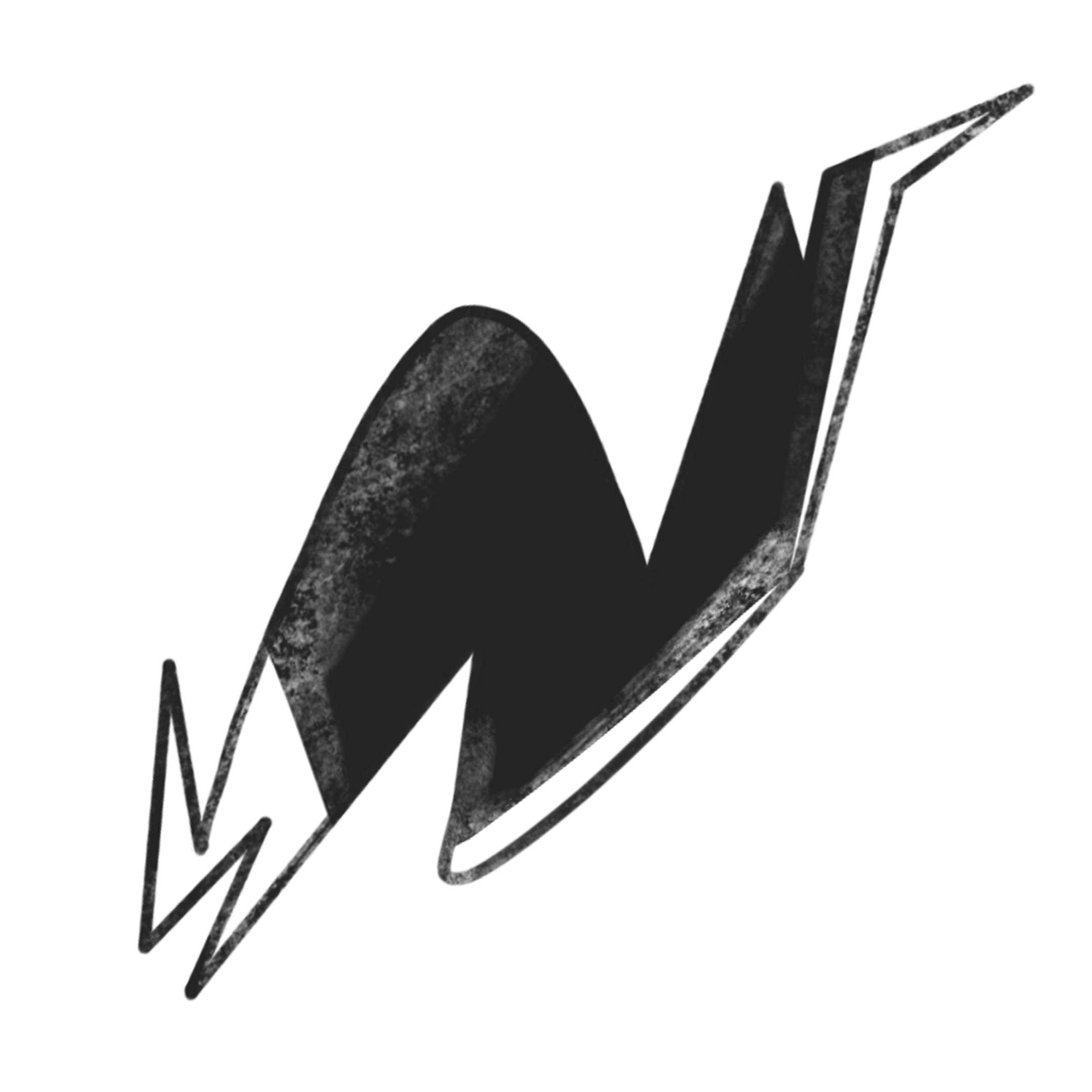
Maria: Thank you for sharing. Let's move on and talk about work-life balance. How would you describe your work-life balance? And is there such a thing as a balance for you?
Tatsiana: Honestly, I don't think that there’s balance. It's more work than life for me. But I think it's a choice. If I chose more life, I would still be successful at PandaDoc, because that’s the type of culture we have here. But it's my choice to work more. That's who I am. That's what drives me. That’s what gives me motivation. And I still have time for my family. I just cook less (and I love cooking 😄).
Kira: I would say that I feel that I have a work-life balance. I didn't feel it when I first joined PandaDoc, because this was my first remote-based company. I’ve learned how to work remotely with the help of my manager. I spend more time at work, but it doesn't mean it hurts my work-life balance. I mean, there is no balance in hours, but there is a balance in my energy and feelings.
Maria: I really like this perspective — measuring balance in energy and feelings. Yeah, I just love it. Continuing on this, how do you unplug from work?
Tatsiana: I have a few rituals. For example, you switch the TV on, which means that working hours are over, or you go for a walk, which I think is the best way to disconnect.
Maria: You have rituals you associate with the end of the workday. That’s cool! Kira, what about you?
Kira: I need to shut down the notebook and go for a walk. We live in the city center, where you can go to the street and have a lot of activities to do. You can go anywhere and see something beautiful and interesting. These activities help me switch off from work. I also like to schedule something right after work, such as a massage or any activity twice a week so that someone is waiting for me.
Maria: To finish our discussion, I want to ask what’s the best work-related advice you’ve ever received and want to share with the readers.
Tatsiana: It's just to relax. You're good enough. Don't try to be ideal in everything. Try to find your strengths and work with them. Make sure that your imperfections don’t overshadow your strengths, work, and impact. You have a team to support you, and others on your team will have expertise in areas you’re not strong in.
Kira: I had a conversation with Mick, and he told me, "I know you like to bring everything to the table perfectly, so everyone is impressed, but you've got to start sharing the small results. Small results can help bring impact faster or help the team make conclusions faster." My advice would be to share the small results, even if you think they're not valuable, important, or not your best work. It's really important to share everything. It helps a lot.
Maria: Are there any tips you'd like to share with women who want to build their careers?
Kira: Be yourself, be proactive, be as you can be, and bring value.
Tatsiana: My advice is for all leaders. Remember that we’re human beings, not robots. We get tired. We get burnout. We make mistakes. You need to cope with it and stay true to yourself.
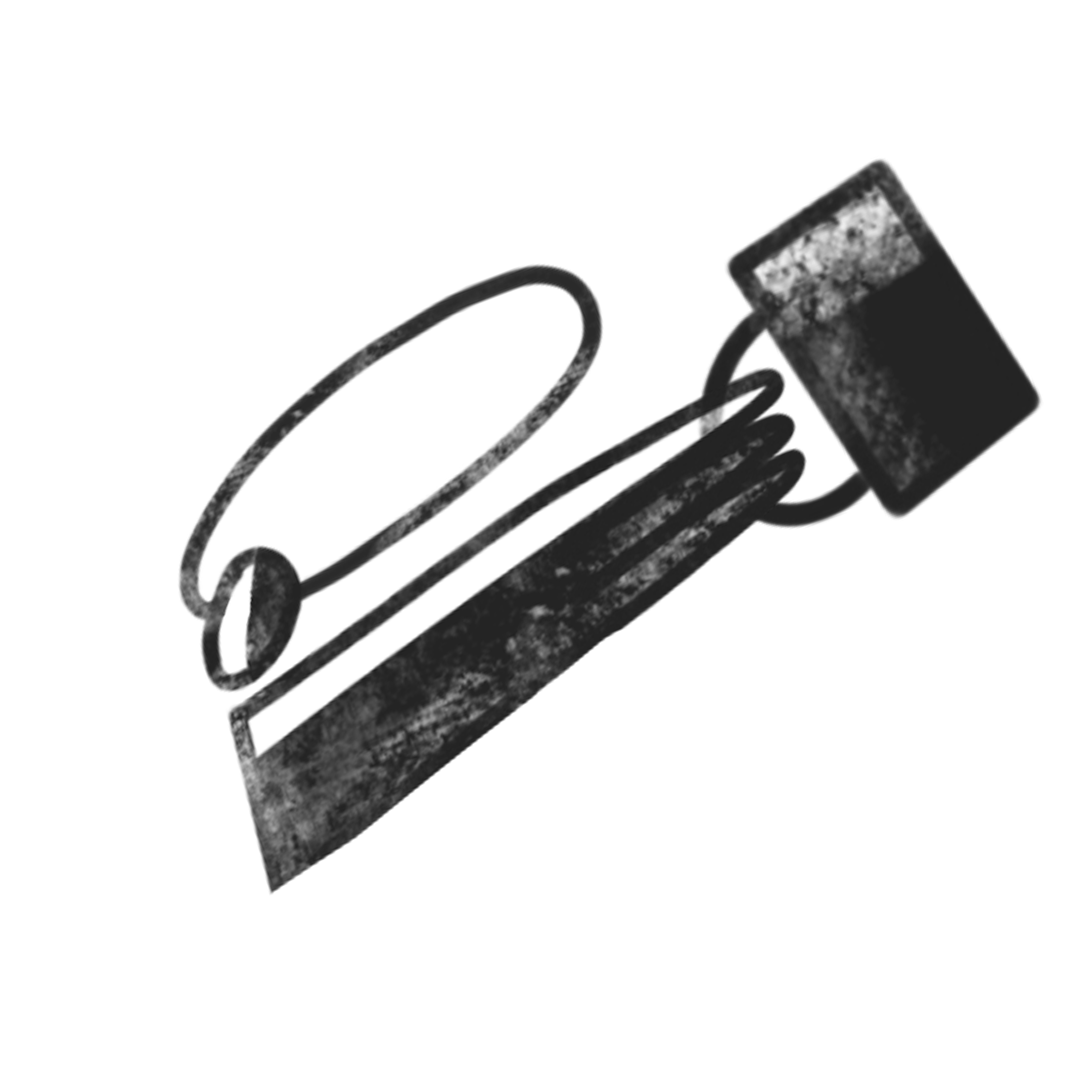

PandaDoc Culture: Stronger Than Ever
Since we’ve already published articles on how PandaDoc's culture code has emerged, we’re changing our focus to how it’s evolving. PandaDoc has scaled significantly over the past few years to now include nearly 1,000 Pandas worldwide, so processes are changing. We spoke with PandaDoc Co-founder / CTO Sergey Barysiuk about how to maintain the original culture's spirit as the company continues to grow and thrive.

The Evolution of Onboarding at PandaDoc
When you join a new company it is like entering into a huge building you’ve never been to before. All you know is the building address and a couple of people that walked you in through a labyrinth of corridors to your desk. And there are doors everywhere with no names on them...of course, you will feel lost.

Cultural fit interviews: how to experiment and measure results
Today’s recruiting processes go far beyond qualifications, skills and experience. And candidates must expect to be assessed based on their cultural fit. Whether their values and visions align with company’s. So, we will explain what a cultural interview is, how it is conducted at PandaDoc and how it helps to run the business.
